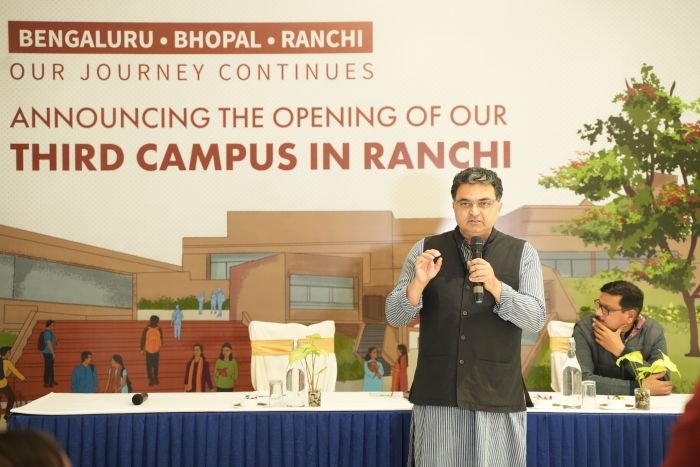NEP remains Silent on the Extension of the RTE Act 2009
Right to Education Forum has welcomed the reiteration of increasing public investment in education to 6% of GDP in the recently approved National Education Policy. Ambarish Rai, National Convener of RTE Forum, has also acknowledged the recommendation on universalisation of school education for 3-18 years. He, however, expressed his apprehension on how universalisation will be achieved as the policy is silent on the extension of the Right to Education Act 2009.*
The draft NEP 2019, submitted by the Kasturirangan Committee to the HRD Minister and subsequently released to the public for suggestions, had promised downward and upward extension of the Right to Education Act to include pre-primary and secondary education within the ambit of the Act. All sections of the civil society welcomed this as it would have been a big step towards universalisation of school education. But with disappointment, it is noted that the final draft fails to make pre-primary and secondary education a legal right.
The final policy talks about universalisation of school education from 3-18 years, without making it a legal right. Hence there is no mandatory mechanism for the union and state governments to make it a reality. Without the RTE Act, universalisation will be very difficult. There are significant drop-outs after elementary levels, especially among girls. The RTE Act is the highest stage reached in the evolution of education policy in India and it confers a legal right, while a policy document doesn’t confer such rights.
RTE Forum, meanwhile, has appreciated the creation of the Gender Inclusion Fund to promote and strengthen girl’s participation and completion of school education. Another laudable aspect of the policy is that it rightly states that there will be emphasis on conceptual understanding rather than on rote learning, creativity and critical thinking will be encouraged.
The policy mentions that vocational training of students will begin from Class 6. This can have an adverse impact as it will push children into the labour market, and their education will be discontinued.
There is a lot of emphasis on digital education which, RTE Forum fears, will promote further segregation. India currently doesn’t have adequate infrastructure to support this and more than 70% children from marginalised background could be excluded, as evident from the COVID-19 pandemic, where many children are missing online classes due to the digital divide in the country.
The policy, in the name from philanthropic schools and PPP, is laying the roadmap for entry of private players in education, which will further commercialise education and the existing inequalities will be exacerbated.
RTE Forum has observed that this policy is silent on the Common School System, which was first recommended by the Kothari Commission (1964-66) and reaffirmed in the National Education Policies in 1968 and 1986, as amended in 1992. “The only way to remove the discrimination in the school education system is to introduce a Common School System (CSS) in the country which will ensure uniform quality of education to all the children in the country,” Ambarish Rai said.






